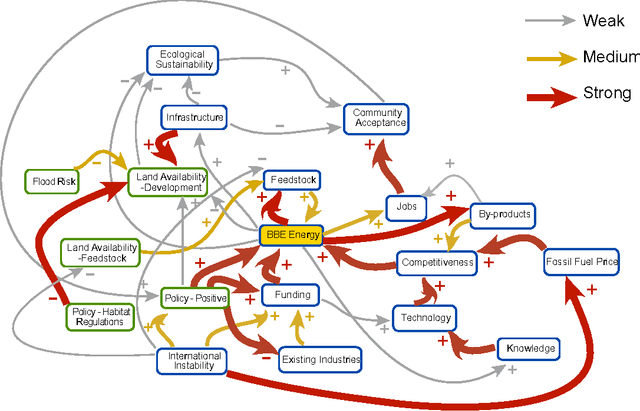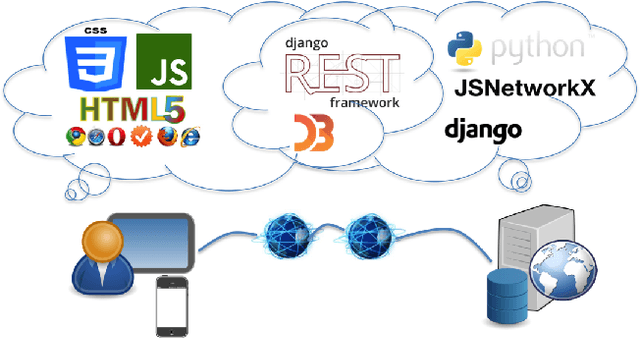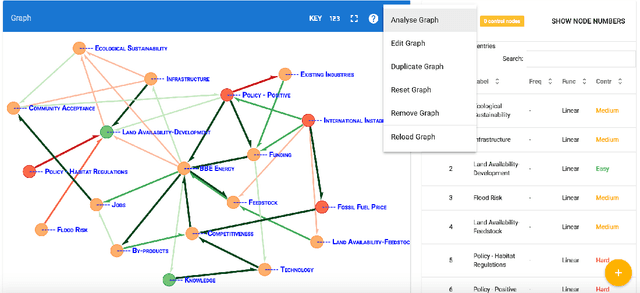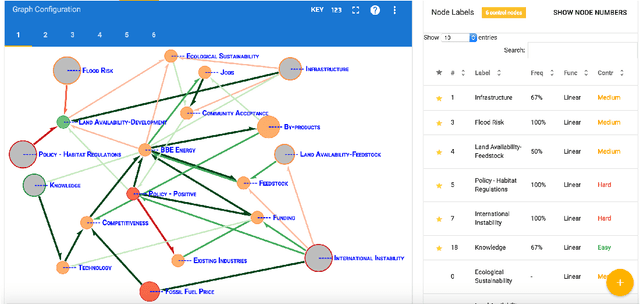Chris Knight
Department of Mathematics, University of Surrey, UK
MOFA: Discovering Materials for Carbon Capture with a GenAI- and Simulation-Based Workflow
Jan 18, 2025Abstract:We present MOFA, an open-source generative AI (GenAI) plus simulation workflow for high-throughput generation of metal-organic frameworks (MOFs) on large-scale high-performance computing (HPC) systems. MOFA addresses key challenges in integrating GPU-accelerated computing for GPU-intensive GenAI tasks, including distributed training and inference, alongside CPU- and GPU-optimized tasks for screening and filtering AI-generated MOFs using molecular dynamics, density functional theory, and Monte Carlo simulations. These heterogeneous tasks are unified within an online learning framework that optimizes the utilization of available CPU and GPU resources across HPC systems. Performance metrics from a 450-node (14,400 AMD Zen 3 CPUs + 1800 NVIDIA A100 GPUs) supercomputer run demonstrate that MOFA achieves high-throughput generation of novel MOF structures, with CO$_2$ adsorption capacities ranking among the top 10 in the hypothetical MOF (hMOF) dataset. Furthermore, the production of high-quality MOFs exhibits a linear relationship with the number of nodes utilized. The modular architecture of MOFA will facilitate its integration into other scientific applications that dynamically combine GenAI with large-scale simulations.
A Web-based Tool for Identifying Strategic Intervention Points in Complex Systems
Aug 02, 2016



Abstract:Steering a complex system towards a desired outcome is a challenging task. The lack of clarity on the system's exact architecture and the often scarce scientific data upon which to base the operationalisation of the dynamic rules that underpin the interactions between participant entities are two contributing factors. We describe an analytical approach that builds on Fuzzy Cognitive Mapping (FCM) to address the latter and represent the system as a complex network. We apply results from network controllability to address the former and determine minimal control configurations - subsets of factors, or system levers, which comprise points for strategic intervention in steering the system. We have implemented the combination of these techniques in an analytical tool that runs in the browser, and generates all minimal control configurations of a complex network. We demonstrate our approach by reporting on our experience of working alongside industrial, local-government, and NGO stakeholders in the Humber region, UK. Our results are applied to the decision-making process involved in the transition of the region to a bio-based economy.
* In Proceedings Cassting'16/SynCoP'16, arXiv:1608.00177
 Add to Chrome
Add to Chrome Add to Firefox
Add to Firefox Add to Edge
Add to Edge